The diagram given below represents an organ system in the human body. Study the same and answer the questions that follow:
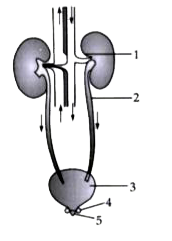
Draw a neat, labelled diagram showing the longitudinal section of part 1.
Step by step video & image solution for The diagram given below represents an organ system in the human body. Study the same and answer the questions that follow: Draw a neat, labelled diagram showing the longitudinal section of part 1. by Biology experts to help you in doubts & scoring excellent marks in Class 10 exams.
Updated on:21/07/2023Topper's Solved these Questions
Similar Questions
The diagram given below represents an organ system in the human body. Study the same and answer the questions that follow:
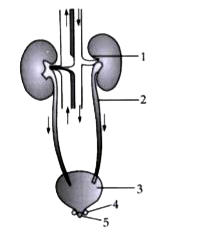
Identify the system.
View SolutionStudy the diagram and answer the questions that follow :
Draw a neat, labelled diagram of a human tooth
View SolutionDraw a labelled diagram of the longitudinal section of a flower.
View SolutionThe diagram given below represents a stage during cell division
Study the same and answer the questions that follow :
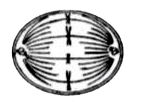
Draw a neat, labelled diagram of the stage mentioned in.
View SolutionThe diagram given below represents an organ system in the human body. Study the same and answer the questions that follow:
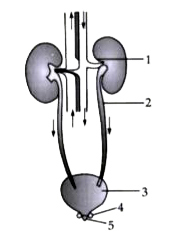
Label the parts marked 2 and 4. Mention the function of part 5.
View SolutionStudy the diagram given below and answer the questions that follow:
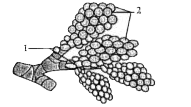
Draw a neat, labelled diagram of the human lungs.
View SolutionThe diagram given below represents an organ system in the human body. Study the same and answer the questions that follow:
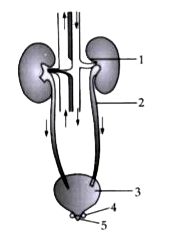
Name the structural and functional units of the part marked 1.
View SolutionThe diagram given below represents a structure found In a leaf.
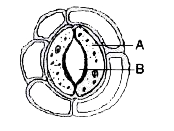
Study the same and answer the questions that follow:
Name the parts labelled A and B.
View SolutionThe diagram given belwo represents a system in the human body. Study the diagram and answer the following question:
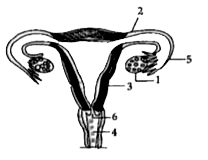
Identify the system.
View SolutionThe diagram given below represents an organ system in the human body. Study the same and answer the questions that follow:
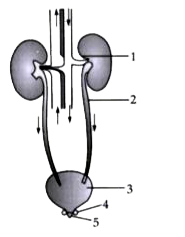
What is the fluid that accumulats in part 3?
Which is the main nitrogenous waste present in it?
View Solution
